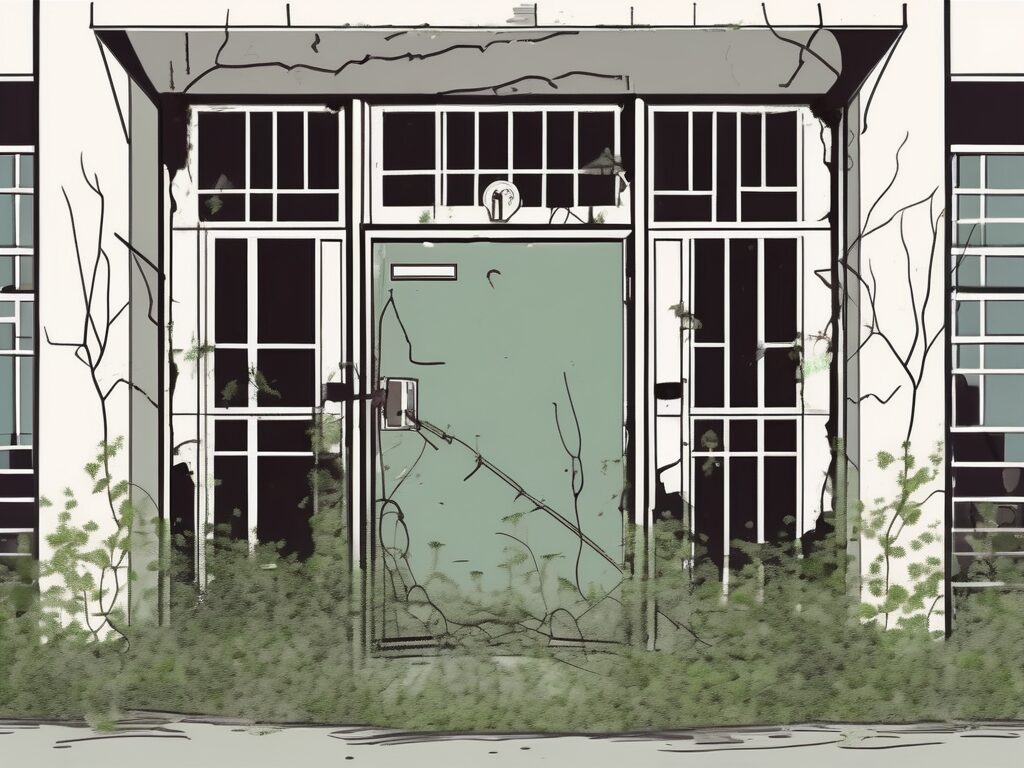Indonesia, the world’s fourth most populous country, has made significant strides in the field of education over the past few decades. However, despite these advancements, there are still numerous barriers that hinder the country’s educational progress. These barriers range from financial constraints to geographical challenges, and from cultural norms to the quality of education provided. This article aims to delve into these barriers, shedding light on the issues that need to be addressed to ensure that every Indonesian child has access to quality education.
Financial Constraints
One of the most significant barriers to education in Indonesia is financial constraints. Many families in Indonesia, particularly those living in rural areas, struggle to afford the costs associated with schooling. While the government provides free education up to the secondary level, there are additional costs such as uniforms, textbooks, and transportation that can be prohibitive for low-income families.
It’s a bit like trying to enjoy a meal at a restaurant when you can only afford the main course. Sure, you won’t go hungry, but you’ll miss out on the full dining experience – the appetisers, the desserts, the beverages. Similarly, while the basic education might be free, the ‘extras’ that contribute to a well-rounded educational experience are often out of reach for many families.
Government Funding
Government funding for education in Indonesia is also a significant issue. While the government has increased its education budget over the years, it still falls short of the international benchmark of 20% of national budget expenditure on education, as recommended by the United Nations. This lack of funding impacts the quality of education, with schools often lacking in resources and infrastructure.
Imagine trying to bake a cake with half the ingredients missing. You might end up with something edible, but it certainly won’t be the delicious treat you were hoping for. Similarly, without adequate funding, the education system struggles to deliver the quality of education that Indonesian children deserve.
Geographical Challenges
Indonesia’s unique geographical makeup, with its thousands of islands, presents another significant barrier to education. Many children living in remote or rural areas have limited access to schools. Even when schools are available, they often have to travel long distances, which can be both time-consuming and dangerous.
Imagine having to commute for hours to get to work every day, navigating treacherous terrain and unpredictable weather conditions. That’s the reality for many Indonesian children who are simply trying to get an education.
Infrastructure Issues
The lack of infrastructure in these remote areas further compounds the problem. Many schools lack basic facilities such as electricity, clean water, and adequate sanitation. This not only affects the quality of education but also the health and well-being of the students.
Think about trying to study in a room with no lights, no heating, and no toilet facilities. It’s a bit like trying to read a book in the dark – not only is it incredibly difficult, but it’s also not a particularly pleasant experience.
Cultural Norms and Values
Cultural norms and values can also pose barriers to education in Indonesia, particularly for girls. In many communities, there is a prevailing belief that boys’ education is more important than girls’. This often results in girls being pulled out of school to help with household chores or to get married.
It’s a bit like being told you can’t play in the football team because you’re a girl, even though you’re just as good, if not better, than the boys. It’s not fair, and it’s not right, but it’s a reality for many girls in Indonesia.
Child Labour and Early Marriage
Child labour and early marriage are other cultural practices that hinder education in Indonesia. Many children, especially those from low-income families, are forced to work to supplement their family’s income, leaving them with little time or energy for school. Early marriage is also prevalent, particularly among girls, which often results in them dropping out of school.
Imagine being forced to work in a factory or get married when you’re still a child. It’s a bit like being asked to run before you can walk – it’s not only physically and emotionally challenging, but it also robs you of your childhood.
Quality of Education
Finally, the quality of education in Indonesia is a significant barrier. Many schools, particularly those in rural areas, lack qualified teachers and teaching materials. This results in a substandard education that leaves many students ill-prepared for the future.
Imagine trying to learn how to drive from someone who has never driven a car before. You might pick up a few things, but you’re unlikely to become a competent driver. Similarly, without qualified teachers and adequate resources, students are not getting the education they need to succeed in life.
In conclusion, while Indonesia has made significant progress in the field of education, there are still many barriers that need to be addressed. By tackling these issues head-on, we can ensure that every Indonesian child has access to quality education, regardless of their financial situation, geographical location, or cultural background.
Empower Your Teaching Career with IPGCE
As we recognize the barriers to education in Indonesia, it’s equally important to empower educators to overcome these challenges. IPGCE is dedicated to supporting teachers in enhancing their qualifications, thereby increasing their ability to provide quality education. With our International Postgraduate Certificate in Education, you can join the ranks of educators who have seen a 50% increase in interview callbacks and a 45% boost in promotion rates. Connect with a global network of professionals, gain a deeper understanding of international curricula, and pursue professional development without compromising your current commitments. Don’t let inadequate credentials be a barrier to your career progression. Join the UK’s #1 Teacher Training Course today and be the change in Indonesia’s education system.

